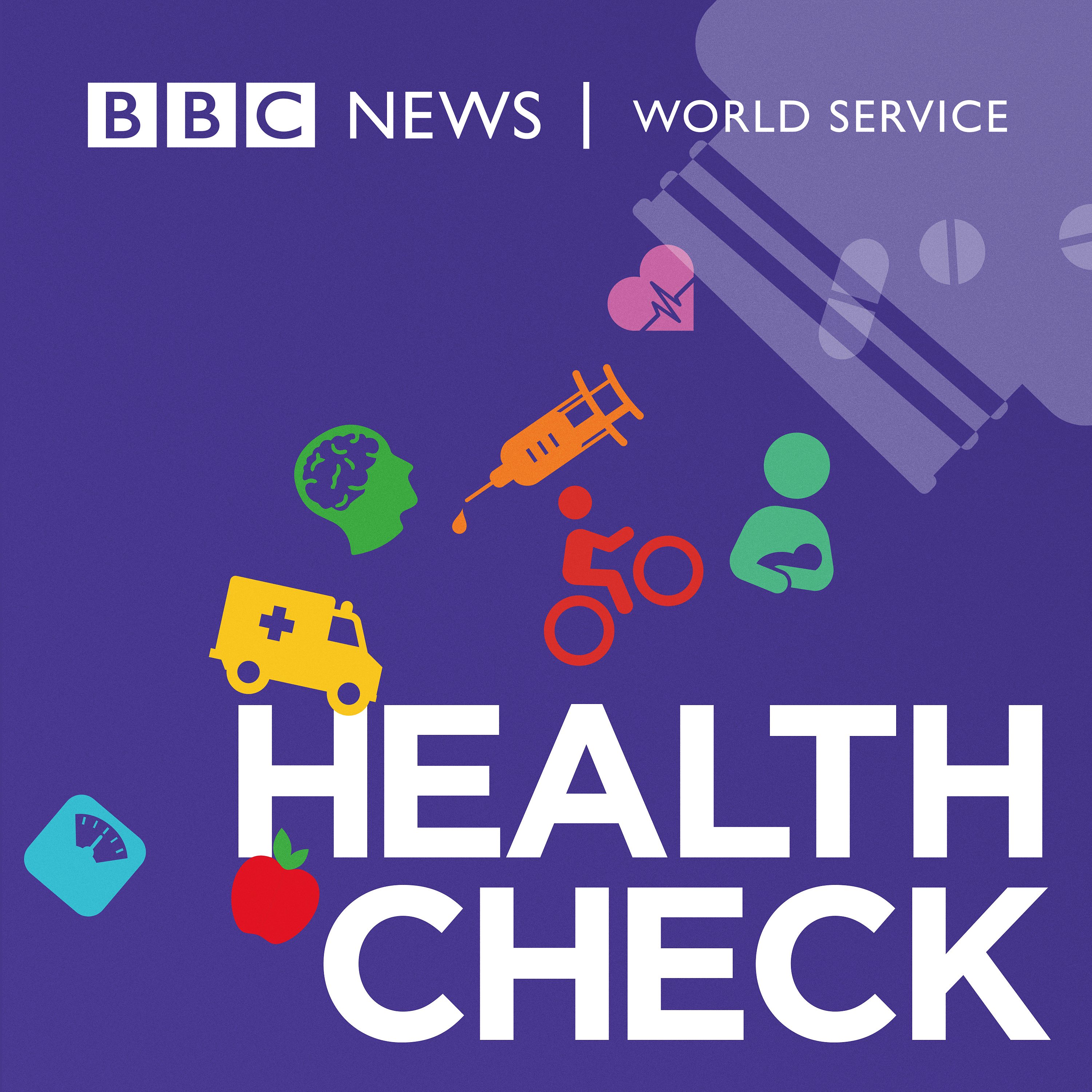Gene editing treatment approved for sickle cell
Description
The UK has become the first country in the world to approve a gene editing treatment for people with the genetic conditions sickle cell disease and beta thalassemia. The news has been hailed as revolutionary, unthinkable just a decade ago. But will the new treatment provide a realistic option for the millions of people living with these haemoglobin disorders worldwide? BBC health reporter Philippa Roxby joins Claudia to look at the latest. She also brings new evidence from Australia on the health benefits of delayed cord clamping to new born premature babies. And a study drawing attention to the impact of surfing on surfers’ mental health. Could it add billions of dollars to the world economy?
Losing a family member is a difficult experience for everyone but for people who no longer have a connection to the person who has died, it can cause a mixture of grief, sadness, guilt, or relief. Claudia talks to broadcaster and author, Professor Alice Roberts, about her experience of losing her mother after being estranged for 5 years.
In the week that the World Health Organisation announced a new focus on the health impacts of loneliness, we noticed a familiar comparison in the headlines; that the health risks from being lonely are equivalent to smoking fifteen cigarettes a day. But what does that really mean? Claudia asks Professor Andrea Wigfield, Director of Centre for Loneliness Studies in the UK.
Presenter: Claudia Hammond
Producer: Clare Salisbury
Assistant Producer: Jonathan Blackwell
More Episodes
There's been a lot of coverage in the media around the world about the mental health difficulties facing boys, but looking at figures for mental health problems in children and teens, there's clearly something going on with girls too. For some years, research has shown more girls are experiencing...
Published 05/01/24
Published 05/01/24
After a number of incidents around the world so far this year that have left dozens of flyers needing hospital treatment, we look at how a rise in air turbulence because of global warming is leading to more and more injuries to passengers.
Professor Paul Williams from the University of Reading in...
Published 04/24/24


